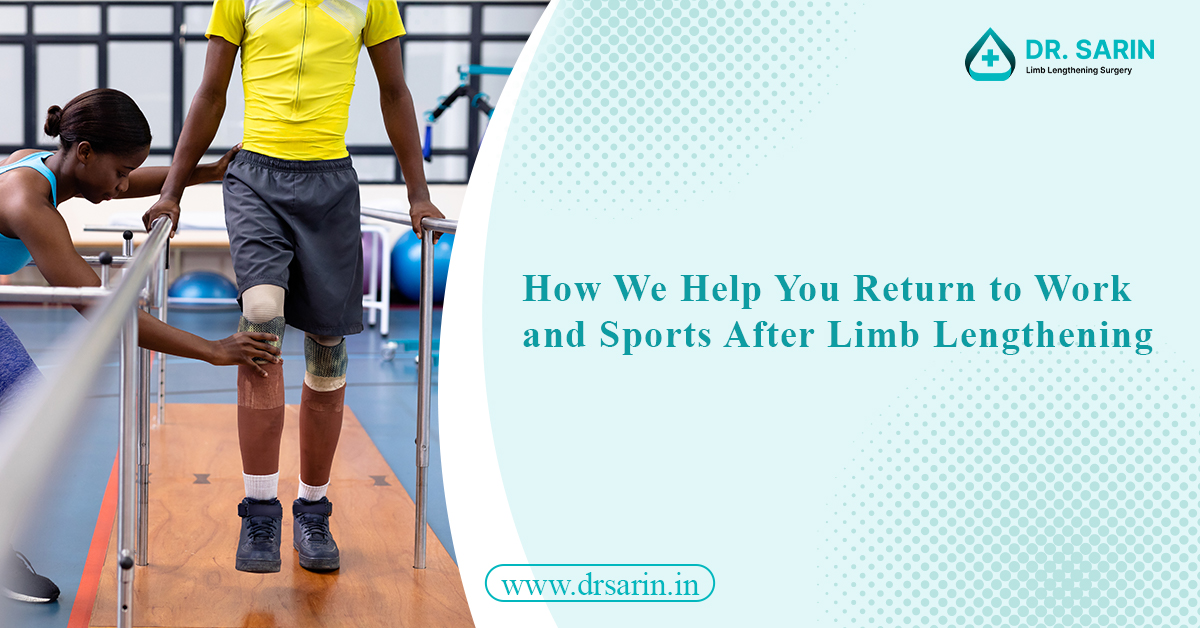Limb-lengthening is a complex orthopedic procedure that can significantly improve a person’s physical stature, correct deformities, or address discrepancies in limb length. However, while the surgery offers physical benefits, it can also have a profound psychological impact on patients undergoing the procedure. Understanding these effects is crucial for patients and healthcare providers to ensure a smoother recovery process and better mental health outcomes.
Initial Emotional Strain and Anxiety
Undergoing limb surgery is a major decision that can trigger anxiety and emotional stress. The anticipation of pain, potential complications, and uncertainty about the outcome can cause considerable anxiety before the surgery. Patients might worry about the long recovery process, how they will manage pain, and whether the results will meet their expectations. This apprehension can lead to fear and nervousness in the pre-operative phase.
Pain and Discomfort During Recovery
Post-surgery, patients often experience significant pain, discomfort, and restricted mobility, which can affect their mental well-being. The long and usually uncomfortable recovery period can lead to frustration, helplessness, and irritability. Pain can make patients feel overwhelmed, affecting their ability to stay positive, and might even lead to temporary feelings of sadness or depression.
Impact on Self-Image and Confidence
It can greatly influence a person’s self-image. The procedure is life-changing for some, boosting self-esteem and confidence, especially if they’ve long struggled with height-related insecurities. However, the physical changes during recovery, such as scars, swelling, or the use of external fixators, can cause temporary body image concerns. This shift can make patients feel self-conscious, anxious, or uncertain about their appearance.
Social Isolation and Emotional Challenges
The lengthy recovery period often requires limited physical activity and can restrict social interactions. As a result, patients may feel isolated from their regular social circles, leading to loneliness or sadness. This isolation can be particularly challenging, especially for individuals who are used to being active and social.
Psychological Impact of Long-term Outcomes
For many, the outcome of surgery is a source of immense satisfaction and improved self-esteem. However, patients who don’t achieve the desired results or who face complications might experience disappointment, regret, or even depression. Coping with any unexpected results requires strong psychological resilience and support.
Importance of Psychological Support
Given the potential psychological impact of limb-lengthening surgery, mental health support plays a crucial role in the overall treatment plan. Pre-operative counseling, ongoing psychological support during recovery, and post-operative therapy can help patients manage expectations, cope with pain, and adapt to changes in their self-image.
Conclusion
While the procedure can lead to increased confidence and self-esteem, it may also present emotional challenges, such as anxiety, pain management, and body image concerns. Understanding these psychological effects and seeking the necessary support can significantly enhance the journey toward physical and emotional recovery.
You May Also like To Know:



